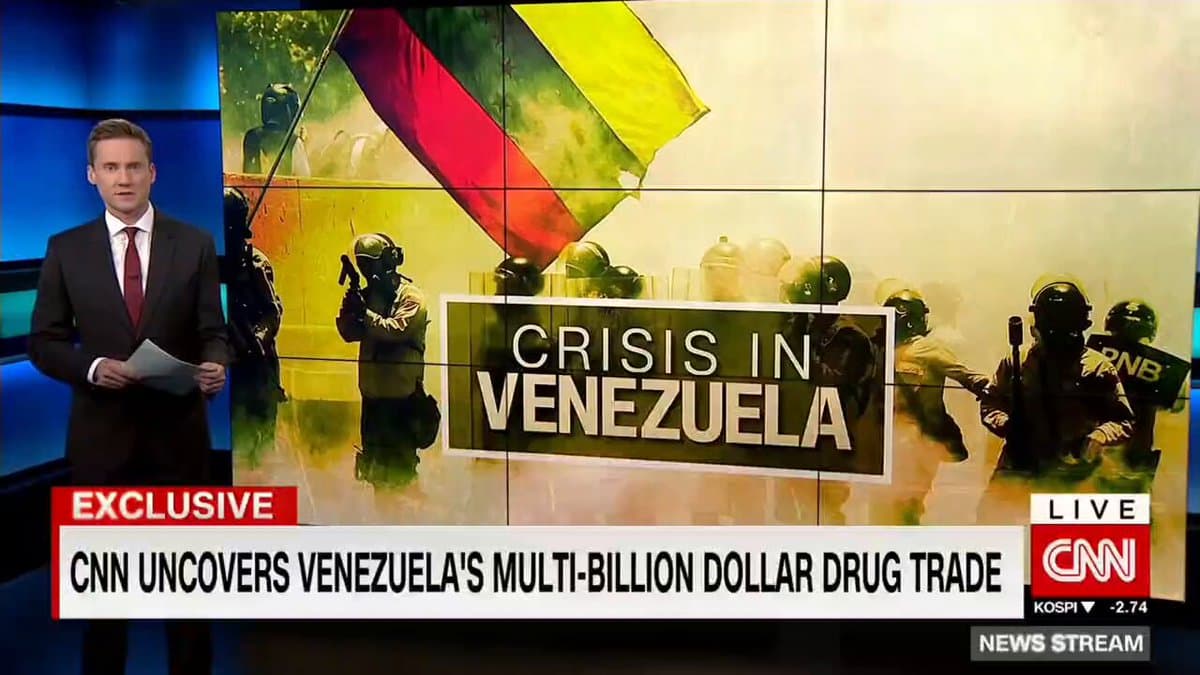Emmanuel Rincón Criticizes Media's Reliance on "Experts" Amplifying Venezuelan Regime Narratives

Venezuelan journalist and political analyst Emmanuel Rincón recently took to social media to criticize major news outlets, including The Washington Post and CNN, for their reliance on an unnamed "expert" whose analysis on Venezuela he deems misleading. Rincón alleged that this individual consistently dismisses the severity of the Venezuelan crisis as a "bluff," effectively serving as a conduit for the regime's narratives within influential circles in Washington.
"Este es el 'experto' que cita el Washington Post y CNN para hablar de Venezuela," Rincón stated in his tweet, directly challenging the credibility of sources used by prominent media. He further asserted that the "expert" has been "living de la tragedia de Venezuela y funcionando de megáfono a las narrativas del régimen en Washington," implying a conflict of interest and a long-standing pattern of biased reporting.
Rincón, known for his staunch opposition to the Venezuelan government, has consistently voiced concerns about what he perceives as biased international media coverage of the country's political and humanitarian crisis. His criticisms frequently target the selection of analysts whose perspectives, he argues, downplay the regime's actions and undermine a clear understanding of the situation. This recent tweet underscores a broader debate concerning media accountability and the vetting of expert opinions on complex geopolitical issues.
The journalist's remarks highlight ongoing discussions about the role of "experts" in shaping public opinion and policy, particularly when their views are seen to align with authoritarian regimes. Such criticisms raise questions about the due diligence exercised by news organizations in selecting commentators, especially for sensitive topics like the Venezuelan crisis, which has seen widespread human rights concerns and a significant exodus of its population. Rincón concluded his statement by suggesting that the influence of such experts and their narratives is diminishing, stating, "Se les acaba también."